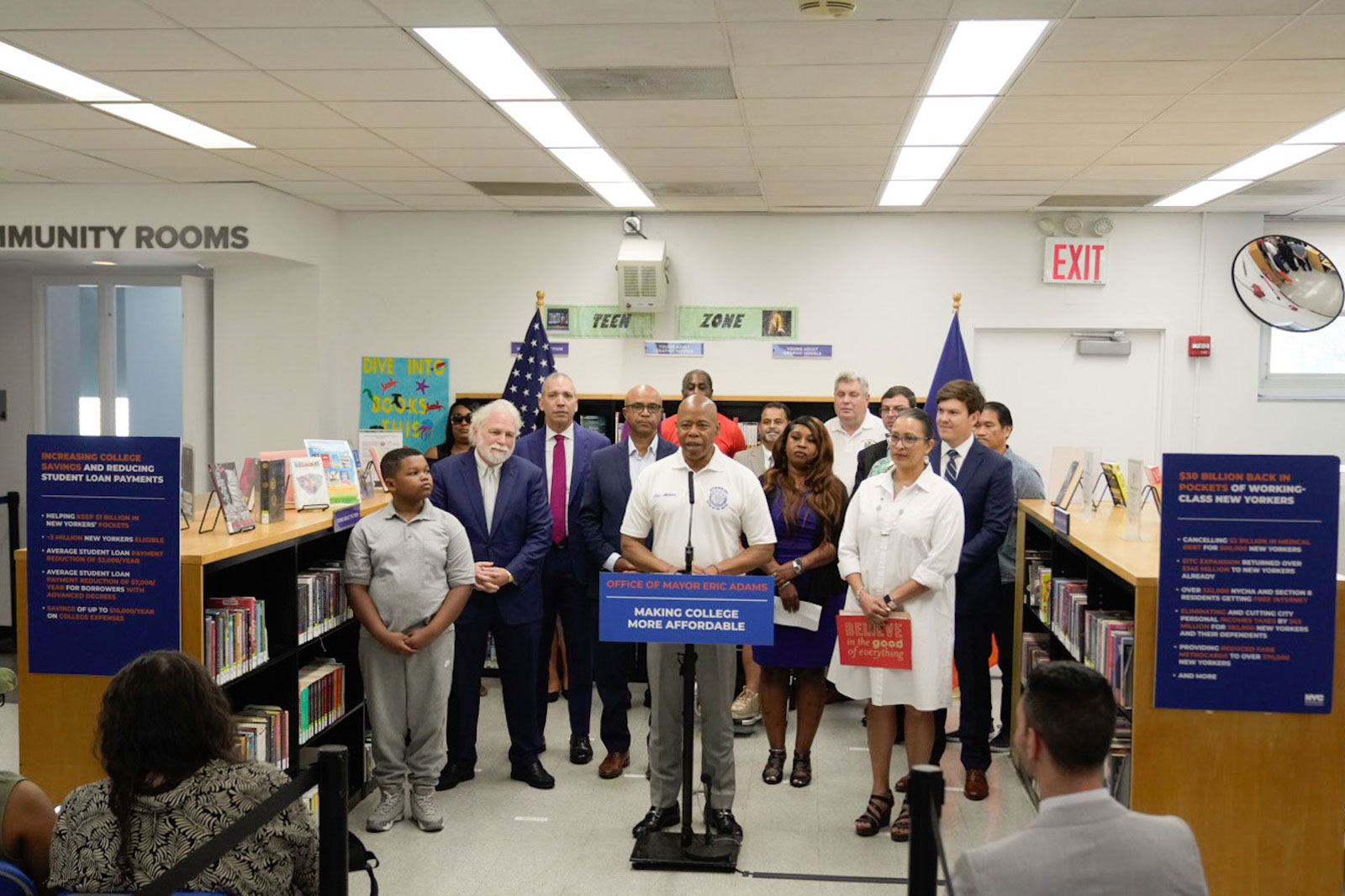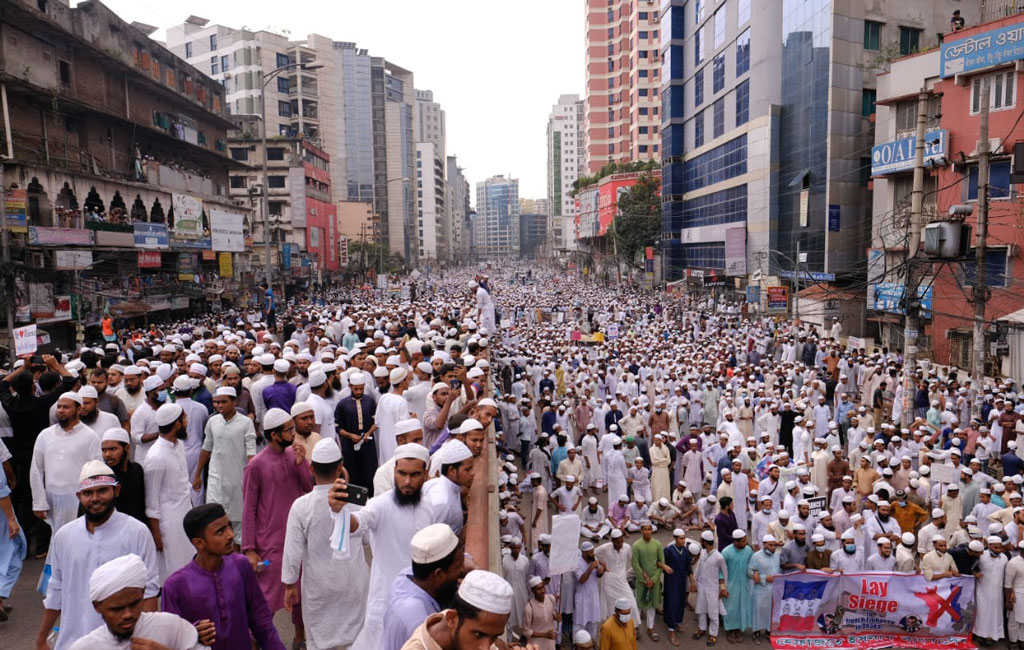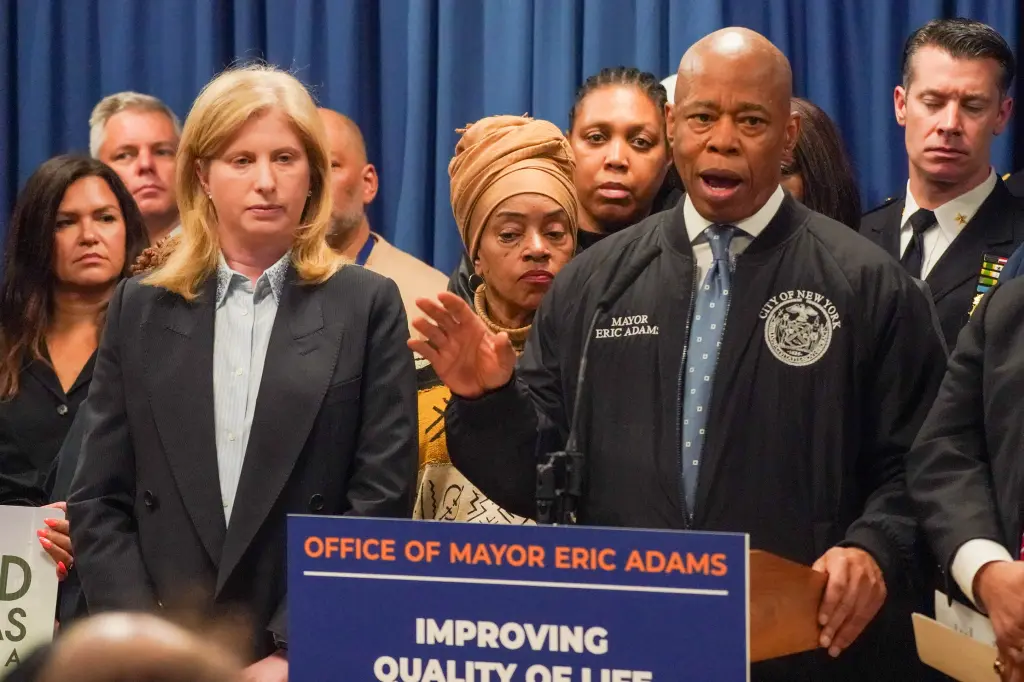India’s approach to the Ukrainian crisis, especially its responses in the UNSC, shows its independent and neutral foreign policy. India has consistently called for restraint on all sides and peaceful settlement of the conflict
Rajeesh Kumar
In January 2021, India joined the United Nations Security Council (UNSC) for its eighth term as a non-permanent member. India secured 184 votes in the 193-member General Assembly, including all the 55 votes of the Asia-Pacific Group. This massive support can be seen as a befitting acknowledgement of India’s growing prominence at the high tables. India’s membership came at a time of intensifying great power rivalry and increased anti-multilateral sentiments. The Ukraine war, for instance, has exposed deep divisions in the UNSC. In addition, issues such as the COVID-19 pandemic and climate change have exacerbated the predicament of multilateral institutions. Consequently, the challenge before India was to help the UNSC to reinvigorate multilateralism. India’s voting response and its August 2021 presidency show that India contributed to expanding the UNSC agenda.
Before the current term, India was elected as a non-permanent member of the UNSC seven times. India served the Council in 1950–51, 1967–68, 1972–73, 1977–78, 1984–85, 1991–92, and 2011–12. Except for the first time, when it represented the Commonwealth group, India has been elected on behalf of the Asian regional grouping. India’s UNSC membership always coincided with some significant events in international politics. These years were testing times for the UNSC. For instance, India’s first term in the Council and its first presidency coincided with the outbreak of the Korean War (1950–51). During India’s second and third terms, the Council was predominantly focused on heightened tensions in West Asia, notably the two Arab–Israeli wars in 1967 and 1973. Israel’s first invasion of Lebanon, the first Gulf War and the conflicts in Libya and Syria were the other major conflict situations that occurred during India’s UNSC terms in 1977–78, 1984–85 and 2011–12, respectively.
For the 2021–22 term, India’s primary objective in the UNSC was to implement a new orientation for a reformed multilateral system. This was guided by Prime Minister Narendra Modi’s ‘five S’ approach—Samman (Respect), Samvad (Dialogue), Sahyog (Cooperation), Shanti (Peace) and Samriddhi (Prosperity).
India identified five priorities for the current term: seeking responsible and inclusive solutions; result-oriented measures to counter international terrorism; reformed multilateralism to reflect contemporary realities; streamlining peacekeeping; and technology with a human touch.
Moreover, in January 2021, India was also elected as the Chair of the Taliban Sanctions Committee, the Chair of the Libya Sanctions Committee and the Vice-Chair of the Counter-Terrorism Committee (CTC). It was also elected as one of the Vice-Chairs of the Non-Proliferation of Weapons of Mass Destruction Committee and the Working Group to monitor the implementation of UNSC sanctions on Al Qaida and the Taliban. In January 2022, India assumed the Chair of the Counter-Terrorism Committee (CTC).
One of the most significant occurrences during the current term was India’s UNSC presidency in August 2021. India undertook its tenth tenure as President of the UNSC in August 2021 and organized three signature events—open debates on maritime security, peacekeeping, and terrorism. Prime Minister Modi chaired the high-level open debate on maritime security, becoming the first Indian PM to preside over a UNSC meeting. It was the first standalone discussion on maritime security in the UNSC and produced the first presidential statement on the issue. During the debate, India also outlined a five-principle framework that included—removing barriers to maritime trade, resolving maritime disputes peacefully and in accordance with international law, jointly tackling maritime threats from non-state actors and natural disasters, conserving of maritime environment and marine resources, and responsible maritime connectivity.
The second and third open debate on peacekeeping and terrorist threats were chaired by External Affairs Minister S. Jaishankar. The open debate on terrorist attacks’ threats to international peace and security took place on 19 August, the eve of the International Day of Remembrance and Tribute to the Victims of Terrorism. During the meeting, Jaishankar reiterated his eight-point counter-terrorism action plan and called for the early adoption of a UN Comprehensive Convention on International Terrorism. India also asked all nations to commit to zero tolerance for terrorism.
During the open debate on peacekeeping, India proposed a four-point framework for UN peacekeepers to meet contemporary threats. These included the need to employ technologies that are operationally proven, cost-effective, widely available, environmentally friendly, dependable, and field serviceable. Secondly, India called for a solid information and intelligence foundation to ensure early warning and mobilization of early response. Thirdly, ensuring that technological advancements are readily available on the ground and fourthly, the need for consistent technological training and capacity building for peacekeepers was stressed.

The other significant issue that came before the Security Council during India’s presidency was the Afghan crisis, which began with the withdrawal of US-NATO troops, followed by the Taliban’s takeover of the country in August 2021. As the Council’s president, India held a briefing, issued two press statements condemning terrorist attacks, and introduced a resolution to address the crisis. Under India’s presidency, the UNSC adopted Resolution 2593, which demanded that Afghan territory should not be used to threaten or attack any country, shelter or train terrorists, or plan or finance terrorist acts. India also called for an inclusive regime that represents all segments of Afghan society.
India’s voting response during the current term shows how responsible India was in the UNSC. From 1 January 2021 to 31 August 2022, UNSC adopted 88 resolutions. Out of these 88, India supported 81 and abstained seven. During this period, the Council failed to adopt two draft resolutions—on Bosnia and Herzegovina and climate change and security. India voted against the resolution on climate change and security as it argued that the UNSC was not the place to discuss the issues of climate change and climate justice.
Similarly, India supported three out of four resolutions on the agenda relating to the topic of maintenance of international peace and security and abstained on one resolution. India voted in favor of all resolutions UNSC adopted during this period on issues such as terrorism and peacekeeping. Regarding regional conflicts and issues, India supported 40 out of 42 resolutions on Africa. While India supported all resolutions on conflicts in Middle East and Afghanistan, it abstained on three and favored one resolution on Ukraine crisis.
India’s approach to the Ukrainian crisis, especially its responses in the UNSC, shows its independent and neutral foreign policy. The Ukrainian crisis started in February 2022 and the UNSC has convened nearly 15 meetings on the issue since then. In all these meetings, India has consistently called for restraint on all sides and peaceful settlement of the conflict. In the initial days of the conflict, India’s primary concern was the well-being of more than 20,000 Indian nationals living in Ukraine.
When the UNSC considered a draft resolution tabled by Albania and the US demanded immediate and unconditional withdrawal of Russian forces from Ukraine, India abstained, along with China and the United Arab Emirates. In its Explanation of Vote, India said that all efforts should be made for the immediate de-escalation of violence and hostilities and requested the conflicting parties to return to the path of diplomacy.
Later in February and March, India abstained from voting on a UNSC resolution to refer the Ukraine crisis to the General Assembly and a draft resolution moved by Russia calling for the protection of civilians in Ukraine, respectively. On 24 August, India once again abstained on a procedural vote on Ukraine.
As an elected non-permanent member of the UNSC, India has always played an active role in discussions on all issues related to international peace and security. India sought to prioritize the primacy of a political approach to resolve crises through dialogue and negotiation, including on issues such as Afghanistan and Ukraine. Its UNSC presidency confirmed that India is no longer just a rule-taker, but rather became a rule-shaper at the high tables. It contributed to expanding the UNSC agenda, by bringing vital issues such as technology and peacekeeping, maritime security and counter-terrorism. Similarly, India at the UNSC always preferred to be part of the democratic majority helping in the adoption of broadly acceptable decisions and resolutions.
The general perception is that India is a ‘nay-sayer’ in multilateral forums. However, India’s voting pattern shows that its approach is proactive and positive towards the UNSC agenda. From its first term in 1950–51 to its current term (2021–22) in the UNSC, India favored more than 90 per cent of the resolutions which were adopted unanimously or by consensus. Concerning the resolutions that were adopted through a vote, India cast an affirmative vote on nearly 90 per cent of them. Similarly, India always abstained with other member states and has resorted to abstentions only to showcase its reservation on a particular issue. In short, the 16 years of UNSC experience is an added credential for its claim for permanent membership in the Council.
Dr Rajeesh Kumar is Associate Fellow at Manohar Parrikar Institute for Defense Studies and Analyses, New Delhi
Views expressed are of the author and do not necessarily reflect the views of the Manohar Parrikar IDSA or of the Government of India.
This is the abridged version of the Introduction of the book which appeared first in the Comment section of the website (www.idsa.in) of Manohar Parrikar Institute for Defense Studies and Analyses, New Delhi on October 13, 2022


























